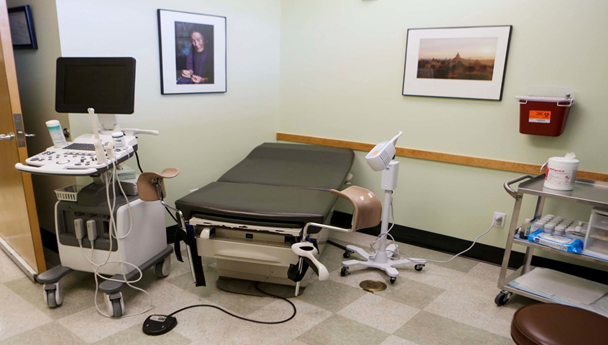
A substantial number of young women need easy access to abortion clinics after their first trimester, usually identified as up to twelve weeks of gestation. In some states or cities, skilled fetal or maternal medicine professionals provide abortions of later pregnancies when there’s a threat to the patient’s health or a non-viable embryo. It is more challenging to find these kinds of services when patients need later abortions because of other reasons.
Finding a reputable hospital or clinic
Health centers or hospitals providing abortions at twenty-four weeks or later is hard to find. To find these institutions that provide these kinds of procedures, feel free to call NAF or National Abortion Federation hotline numbers. For a list of centers that provide abortion procedures at twenty-four weeks or beyond, women can also check out their website for more information.
The quality of health care can differ widely among various medical facilities. Since most women don’t talk about their experiences, it is usually pretty difficult to know what to look for when choosing a center or finding good reviews from the previous clinic or hospital patients.
Want to know more about abortion laws in the United States? Check out this site to find out more.
But the NNAF or National Network of Abortion Funds has issued pretty helpful suggestions for finding a service provider that will best fit patients’ needs. Hospitals or centers that provide these kinds of procedures at fourteen to twenty-four weeks in your state are very difficult if you live in an area where this procedure is legal but still a taboo. But some websites provide information about the location or service they provided, so make sure to do your due diligence in researching these websites on the Internet.
Finding a health care facility that provides later abortion services in your state or city
Health care facilities provide only five percent of all the legal abortions performed in the United States. A lot of hospitals provide these procedures only in cases of serious risk to the patient’s health or if there are fetal anomalies. In contrast, some will provide later procedures in selected circumstances based on the clinical team’s judgment. There are teaching hospitals that have good services integrated into their gynecology and obstetrics department.
If the patient is diagnosed with pregnancy problems and decides to do this procedure, she needs to ask the medical professional who gives her the diagnosis for referrals to the closest service provider. If the physician will not or cannot identify the clinic or hospital that provides this kind of service, the patient can call the closest hospital’s fetal and maternal medicine department and request an appointment for an abortion.

Suppose she is more than fourteen weeks pregnant, and she has issues finding an appropriate service provider. In that case, she can visit websites that help people find the nearest clinic or hospital. With each passing day, pregnancy terminations are more expensive.
It is pretty hard to find a service provider, so patients need not delay finding the right referral as quickly as possible after deciding to undergo the procedure.
Medical institutions outside the United States that provide these kinds of services at twenty-four weeks and later
According to British laws, clinics or hospitals can perform an abortion after twenty-four weeks on the grounds of risk of the patient’s life and health in severe fetal malformation cases.
Insurance coverage
Federal Medicaid doesn’t cover this kind of medical procedure. It is excluded from the coverage of all federal dependents, and employees, including people working in the military and their immediate families, as well as prisoners and people under Indian Health Services their dependents.
There are 17 states that allow state funds to cover the cost of this procedure. Four states limit coverage for medical cases when the patient’s life is in danger. One state limits the coverage to rape, incest, and life endangerment. If a woman is covered by private health insurance, she can ask service providers like Charlotte womens clinic to find out if the insurance will cover the abortion.
It is imperative to let the insurance provider know if she is getting the procedure because of a threat in her life or a fetal anomaly. It may significantly impact whether abortion will be covered or not since clinics do not accept private insurance policies.